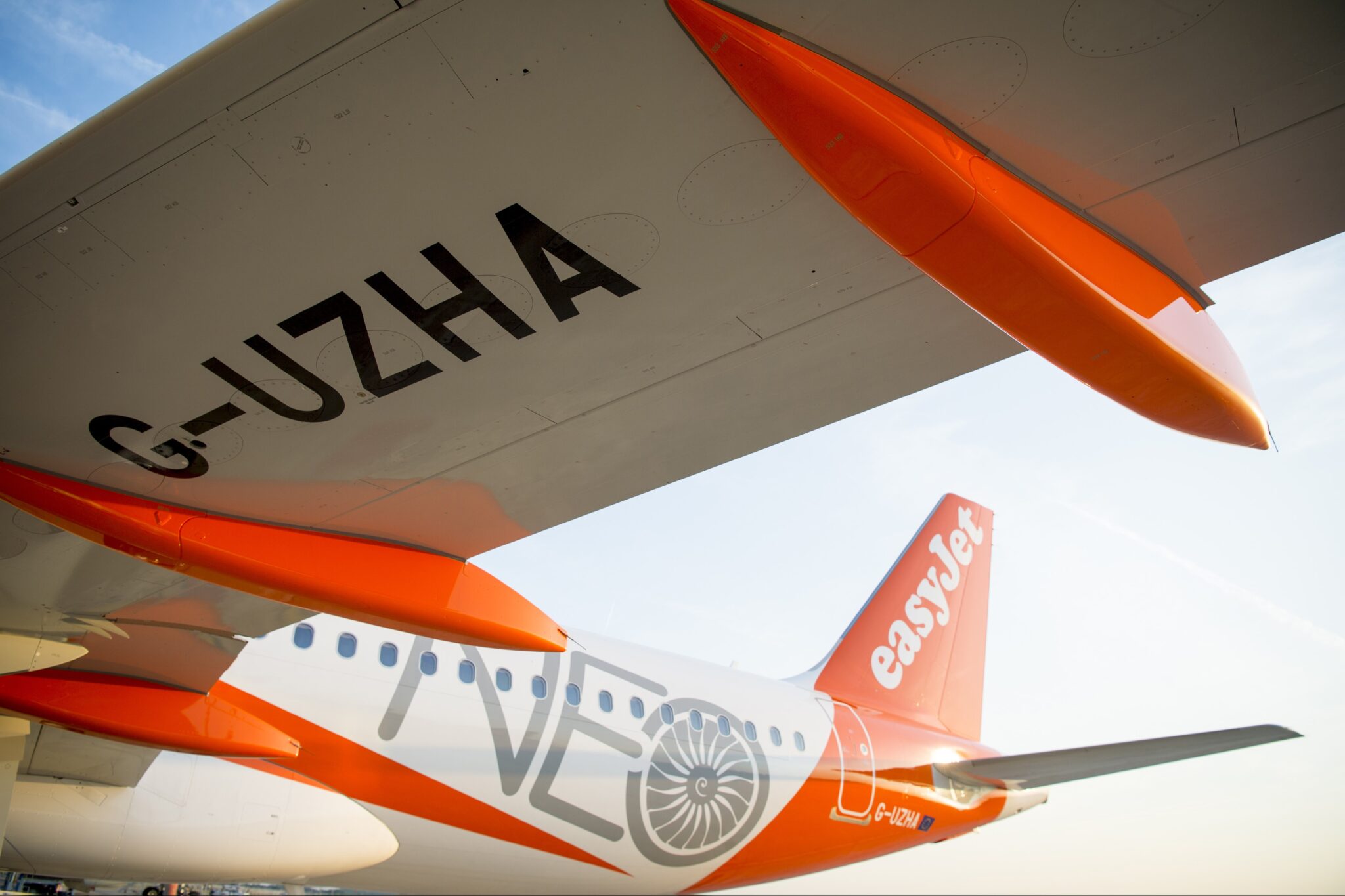Is EasyJet Heading for Heathrow? ‘Let’s See’ Airline CEO Says

Skift Take
Could easyJet add one of the world’s most expensive airports to its route map?
Speaking to Skift, easyJet CEO Johan Lundgren said the budget airline would consider Heathrow, subject to certain criteria being met.
The low-cost carrier is no stranger to high-end airports. It already has a major presence at premium locations across Europe. This includes Paris Charles de Gaulle and Amsterdam Schiphol where it operates dozens of daily departures.
Lundgren described flying into major hubs in European capitals as “very much part of our model.”
Alongside what he describes as “the right conditions,” Lundgren emphasized the need for any future easyJet presence to be of a certain size. “We’re not talking about one or two aircraft. You would need to get a little more scale in there.�

